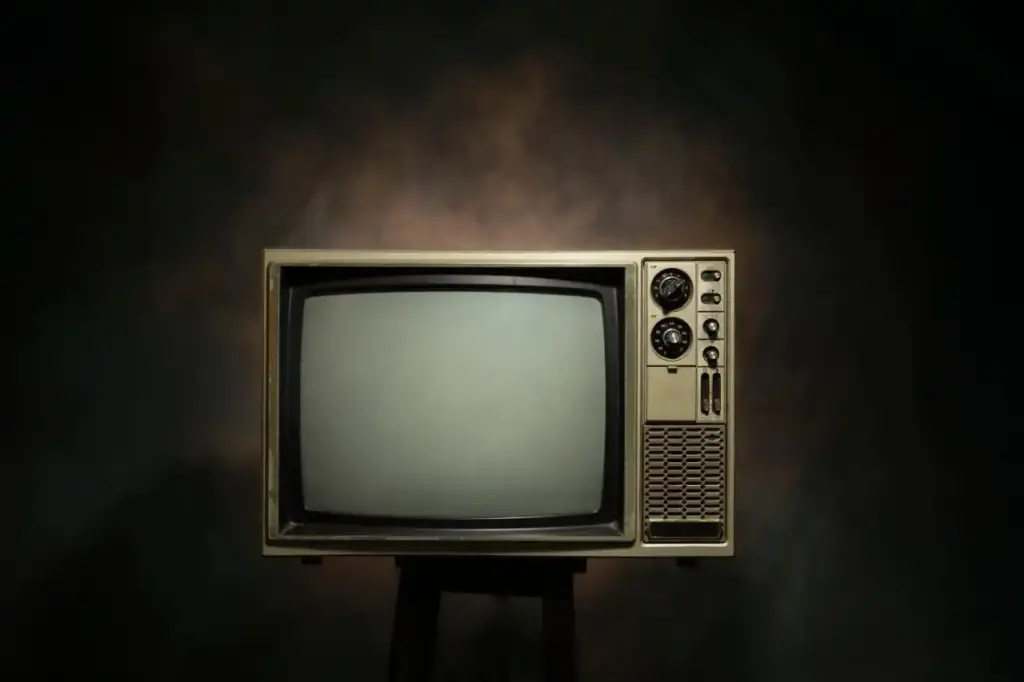For those of you who have been reading this column for a while, you are aware of my distaste for screen reality and particularly for using it for recreational purposes. There are so many wonderful emotionally healthy things that one can do with his time in the world of primary experience. Sports, nature walks, arts and crafts, playing music, reading, just hanging out with significant others, family and friends, playing with pets. Even getting involved with aliens and if one is lucky, meeting an alien and interviewing him. All kidding aside, there are so many things that one can do that, rather than numb one’s life with mediated experience, one can make one’s life more vibrant and alive.
Now one activity that is particularly numbing is watching television. There are two major kinds of programming available today: network television and streaming. Each has its own particular kind of problem associated with it. Network television, with the exception of public television, is inextricably tied up with commercial advertising. That is how it stays afloat. An advertisement is basically a little story where the hero or protagonist is a product or a service. But in a real story, the hero or protagonist is out to make and sometimes preserve a meaningful imprint. In an advertisement the hero or protagonist is out to make an abrasive stimulus the purpose of which is to pull a person momentarily out of his experiential vacuum. The hero or protagonist pulls a person out of his numbness through a kicks experience. If only the viewer buys the product or service he sees on television, he will feel temporarily alive in a very abrasive way.
Almost everyone I know hates these commercial interludes to network elevision programming. They may constitute little stories in and of themselves, but they are annoying interruptions to the larger story, as it were, of the main attraction, which is the television program. And yet they serve as little tension-pockets that prevent a person from being sucked up entirely by the alternate universe, the numbing experiential vacuum that is the flow of network programming today.
The other major kind of programming is streaming. Streaming is not paid for by commercial advertisements. Viewers instead pay directly to streaming services for subscriptions to different packages of programming. Whereas with network programming, one is constricted to watch given programs at certain fixed hours on certain fixed days, streaming programs can be seen by the viewer at any time of the day or night that he wants. He can see full length movies without commercial interruption. He can see a whole season of a television series without interruption, if he would so desire.
It sounds wonderful the notion of watching television programs without all of those nasty commercials. But the downside is without those commercial interruptions, one just sinks deeper and deeper into the numbness from an experiential vacuum, without any abrasive shocking tension-pocket intermittent experiences to pull him out.
Streaming really is an insidious situation. At least with network television, commercials provide natural breaks in the visual fixation that results from watching program after program on the television screen. During these breaks, a person can get up and get some snack foods from the kitchen or go to the bathroom, both of which activities require actual physical movement and a relief from being a couch potato. When one is watching streaming programming on a television, there are no natural breaks in what is being watched, with the exception of the termination of the movie or the television series. So, the state of being a couch potato – a very numb human being – gets extended and intensified when one is watching streaming services.
Streaming is also insidious, because the programming is so portable. It’s so easy to watch a streaming program on either one’s smartphone, one’s laptop, or one’s tablet. So, one can walk around watching programming and never have to enter external world reality. Imagine what life will be like when screen reality is replaced by virtual reality. Life will seem so complete in that strange head contraption that people wear when they live in that new kind of reality, that they will no longer feel a need to remain connected at all to external world reality, a form of reality which lends itself to so much less control than either screen reality or virtual reality. With a virtual streaming service, life will become an endless adventure of one’s own making. Of course, it is not a real adventure, because all one has to do is turn off the virtual reality machine and all the imprints that one supposedly has made and preserved simply vanish. And if one builds one’s life on experiences in a virtual reality machine, one is left with nothing. No preserved imprints to use as the basis of a personal surrogate immortality. One is left with a totally legacy-less death. The thought of which can be really frightening. One’s life has been totally swallowed up by an experiential vacuum.


Artículos Relacionados: